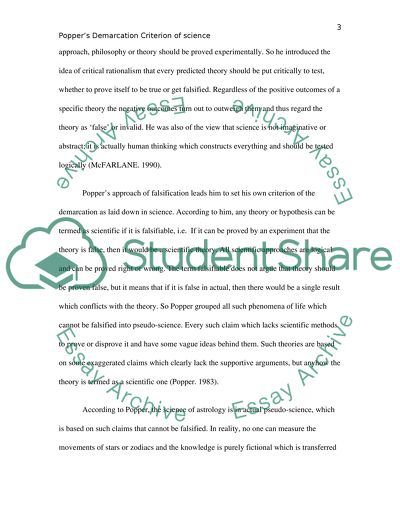Cite this document
(“Popper's Demarcation Criterion of Science Essay”, n.d.)
Retrieved from https://studentshare.org/sociology/1440572-philosophy-of-sciene-question-in-instruction-box
Retrieved from https://studentshare.org/sociology/1440572-philosophy-of-sciene-question-in-instruction-box
(Popper'S Demarcation Criterion of Science Essay)
https://studentshare.org/sociology/1440572-philosophy-of-sciene-question-in-instruction-box.
https://studentshare.org/sociology/1440572-philosophy-of-sciene-question-in-instruction-box.
“Popper'S Demarcation Criterion of Science Essay”, n.d. https://studentshare.org/sociology/1440572-philosophy-of-sciene-question-in-instruction-box.


